Before delving into the etymological definition of ethics, it is important to understand what ethics means. Ethics refers to the moral principles and values that guide human behavior.
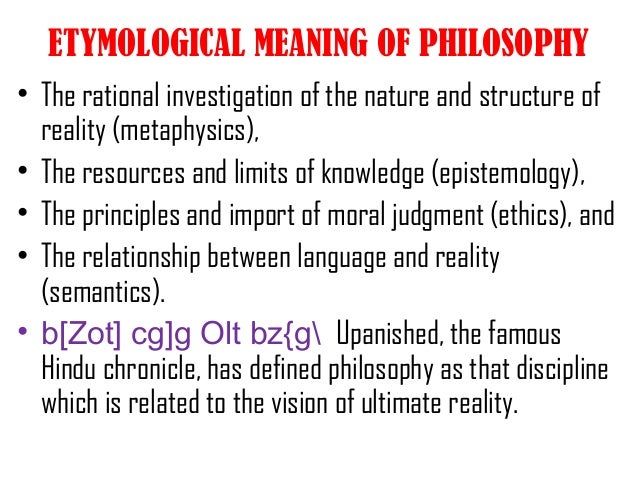
Etymology of Ethics
The word ethics comes from the Greek word "ethos," which means character or custom. In ancient Greece, ethos was used to refer to the customs and values of a community or society.
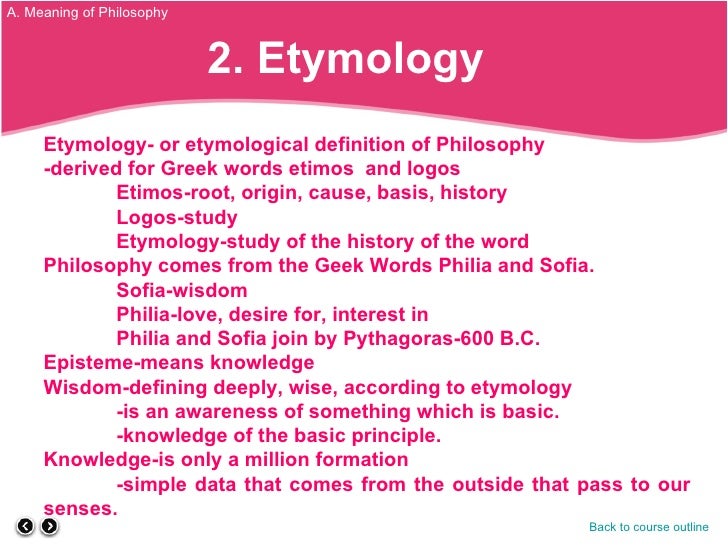
Over time, ethos evolved to include the individual character of a person. This led to the development of the word "ethikos," which means ethical or moral.

Philosophical Definition of Ethics
Ethics is a branch of philosophy that deals with morality and values. Philosophers have debated the nature of ethics for centuries, but most agree that ethics is concerned with how people should behave.
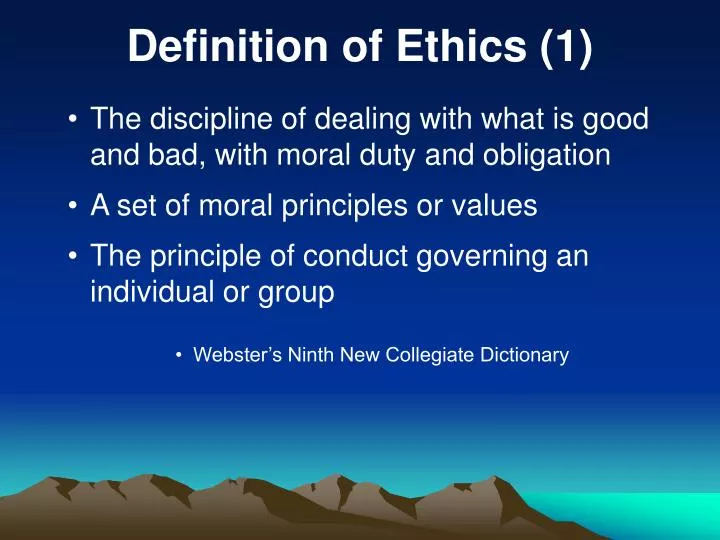
Some philosophers argue that ethics is based on reason and logic, while others believe that ethics is based on emotions and intuition.
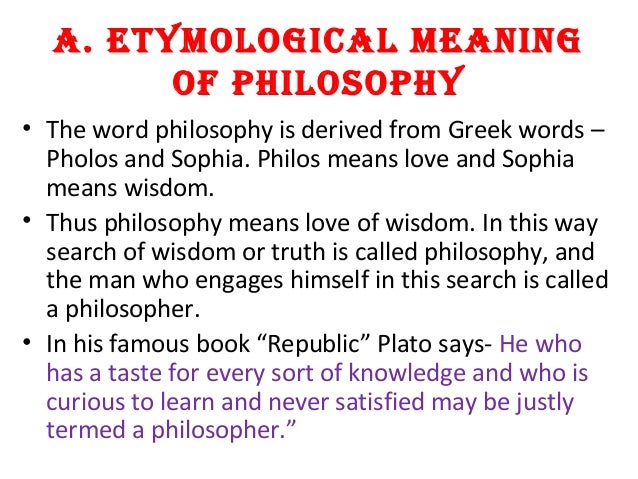
Religious Definition of Ethics
Religion also plays a role in defining ethics. Most religions have moral codes that guide the behavior of their followers.
/Dictionary-5c8aa3b246e0fb00016ee04d.jpg)
For example, Christianity teaches the Ten Commandments, which include rules against stealing, lying, and killing. Islam has the Five Pillars, which include prayer, fasting, and charity.
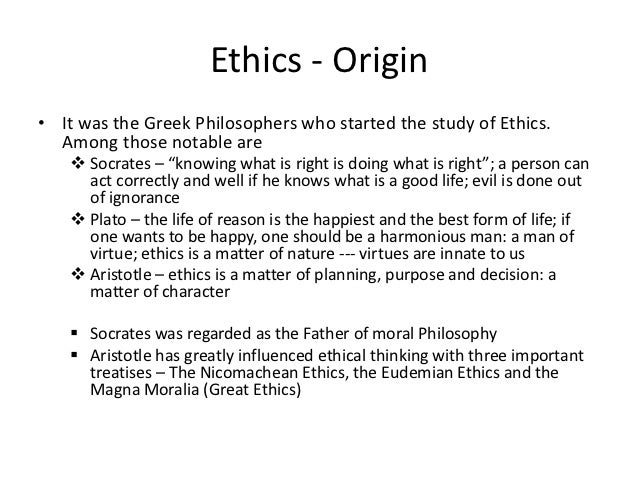
Professional Definition of Ethics
Many professions have their own codes of ethics that guide the behavior of their members. For example, doctors and lawyers have ethical obligations to their clients.

These codes of ethics are designed to ensure that professionals act in the best interests of their clients and do not engage in unethical behavior.
Importance of Ethics
Ethics is important because it helps people make moral decisions and live a good life. It also helps to create a just and fair society.
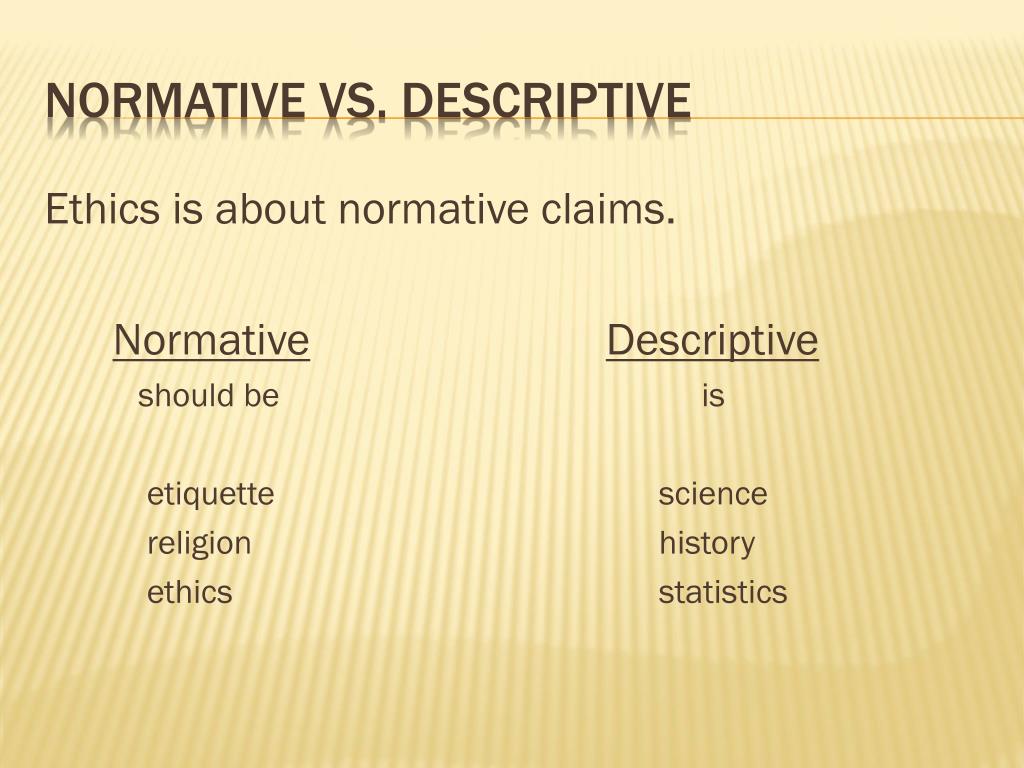
Without ethics, people would act solely in their own self-interest and society would become chaotic.
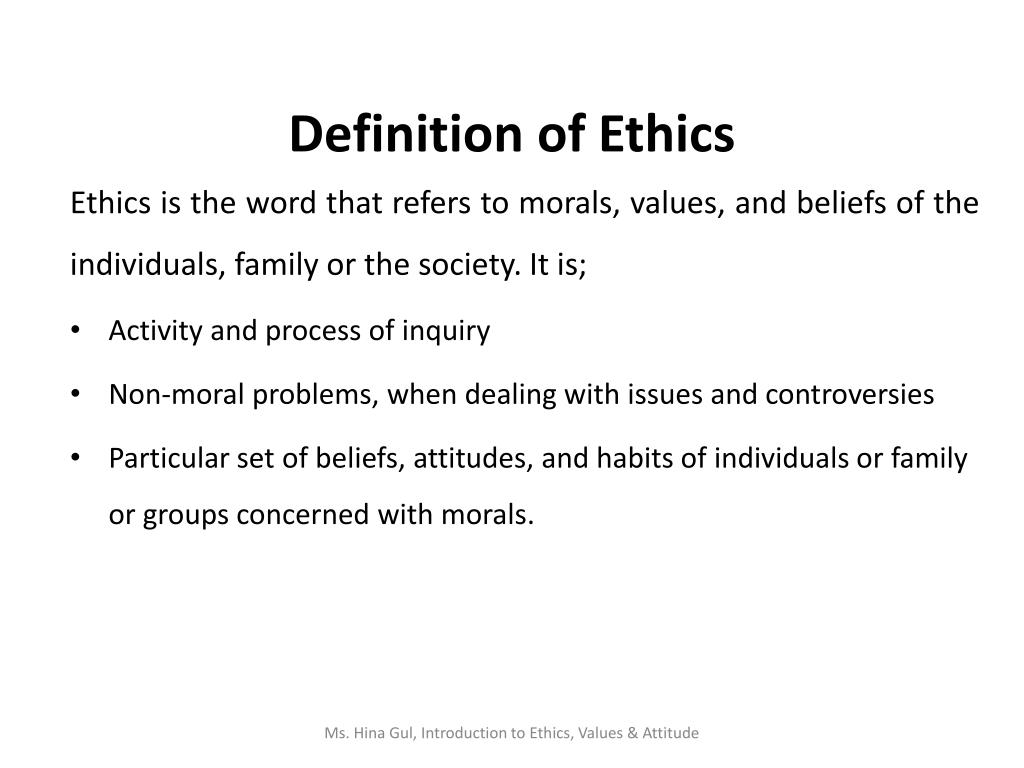
Ethical Theories
There are several ethical theories that attempt to define and explain ethics. These include:
- Utilitarianism: the belief that actions should be evaluated based on their ability to promote happiness or pleasure
- Deontology: the belief that actions should be evaluated based on their adherence to moral rules or duties
- Virtue ethics: the belief that actions should be evaluated based on their ability to promote virtues, such as honesty and compassion
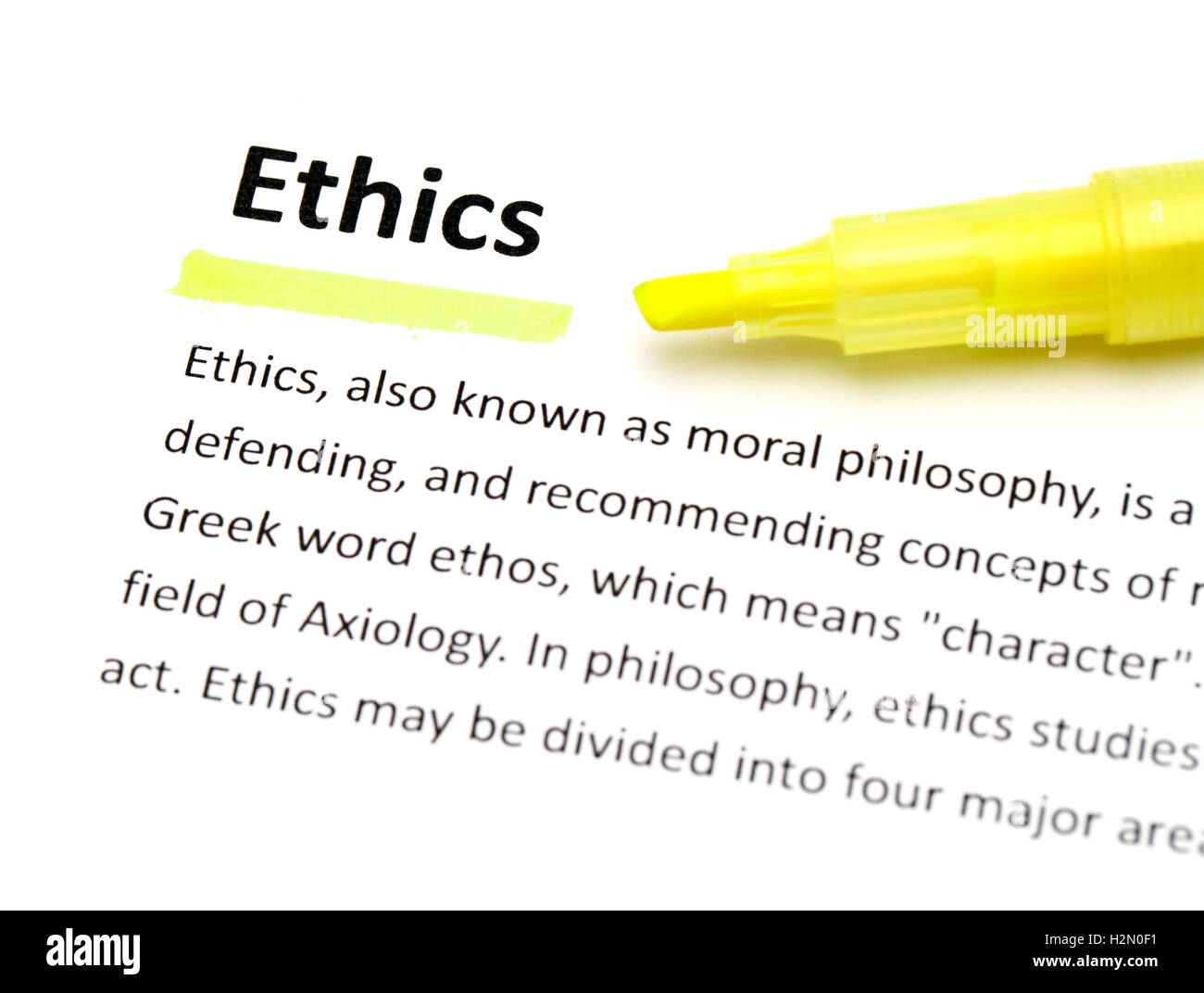
Conclusion
Ethics is a complex and multifaceted concept that has been debated by philosophers, theologians, and scholars for centuries. It is important to understand the etymological definition of ethics and its various meanings in different contexts. By understanding ethics, we can make moral decisions, live a good life, and create a just and fair society.